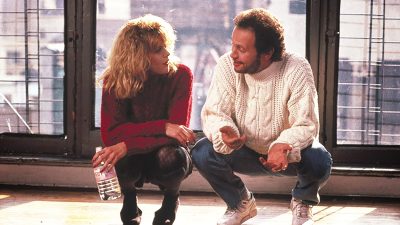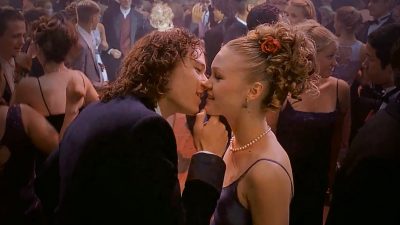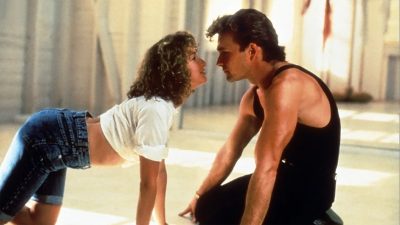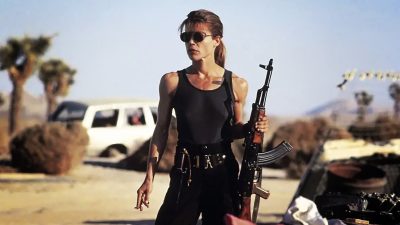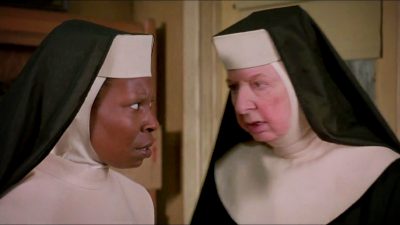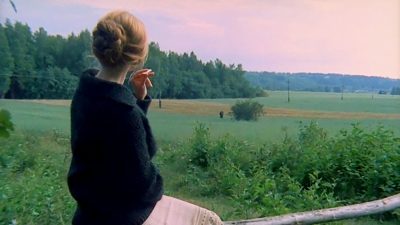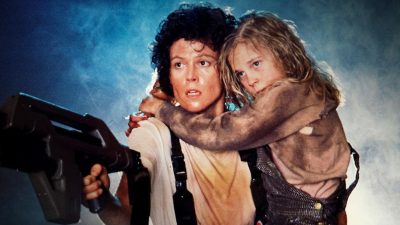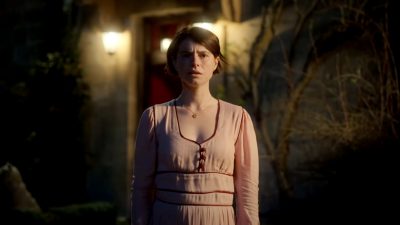Movies
Making the Grand Romantic Gesture
In our seven years together, we’ve thrived on routine. We’ve done long-distance before, but never quite like this.
Who Deserves Love In the Nineties Rom-Com?
Somewhere between the one-dimensional BIPOC sidekick and the final, showstopping kiss, I forgot that I was consuming love stories built on exclusion.
Lessons In Lust and Life from ‘Dirty Dancing’
Like Baby, I was raised to be a nice Jewish girl, with all of that trope’s stifling implications.
The New Haunted House Is a Symbol of the Housing Crisis
Beneath the veneer of desire and ambition lurks something darker—the grotesqueness of wealth and the violence it implies.
Save the World, Abort the Future: ‘Terminator’ and Trans Bodies After Roe v. Wade
When I think about queer masculine pregnancy and parenting, I think about Sarah Connor in ‘Terminator 2: Judgment Day.’
Nuns, Nurses, and Busybodies: The Queerness of the Character Actress
This is what I became known for in acting class: old-lady drag.
Looking into the Reflections of Andrei Tarkovsky’s ‘Mirror’
The filmmaker’s retreat from the conventions of Socialist realism—patriotism, militarism, subservience—becomes a journey to locate the self outside the strictures of state ideology.
Horror Films Understand the Terror of Pregnancy
We are told we will forget the pain, as though all the trauma of childbirth evaporates from our minds. But it did not for me.
A Woman Walks Home Alone At Night
In a horror film, the sight of a woman alone fills us with dread. We expect terrible things to happen to her. But she also fills us with a sense of supernatural expectation.
Hayao Miyazaki’s Characters Help Me Grieve My Chronic Illness
“Howl’s Moving Castle” and “The Legend of Korra” are about protagonists living with magic and fighting for the fate of the world. To me, they’re also metaphors for dynamic disability.

